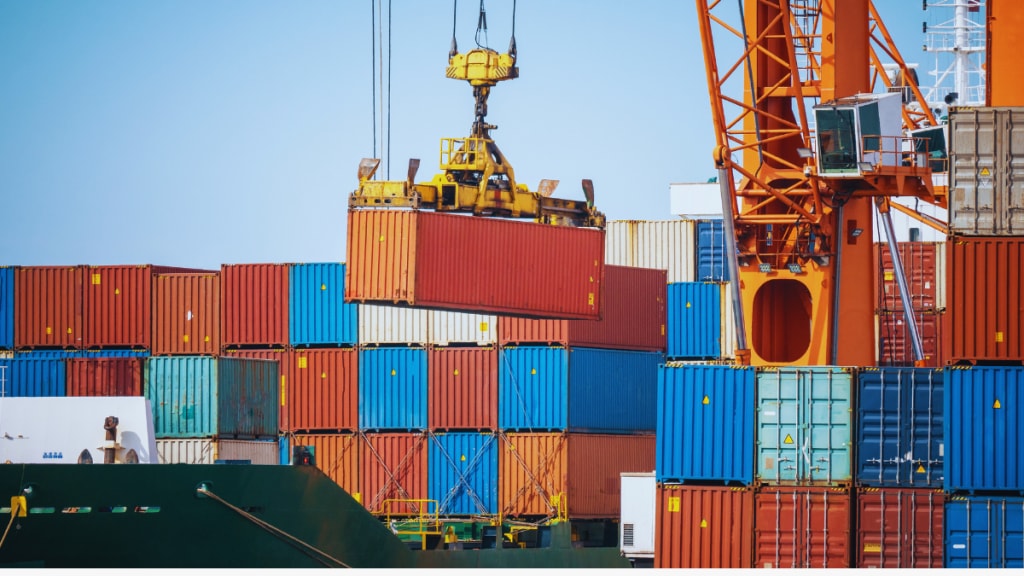To make credit more affordable, the Credit Guarantee Scheme for Exporters (CGSE) requires lending institutions to offer loans to exporters at a rate 1% lower than the existing interest rate applicable to the borrower.
Under the scheme, which is a compact version of a Covid-period credit guarantee scheme for micro, small and medium enterprises (MSMEs), no guarantee fee will be charged, and no additional collateral security will be required—lenders will create a charge only on existing securities.
The scheme approved by the Cabinet on Wednesday aims to ease working capital constraints for both direct and indirect exporters, enabling them to access fresh loans equivalent to up to 20% of their sanctioned working capital limits. The maximum loan amount under the scheme has been capped at Rs 50 crore per borrower. The government will provide 100% guarantee coverage on additional credit facilities extended to exporters.
The CGSE will remain in force until March 31, 2026, or until guarantees amounting to Rs 20,000 crore are issued, whichever is earlier. The National Credit Guarantee Trustee Company (NCGTC) will issue detailed operational guidelines with the approval of its management committee.
The scheme covers loans with a tenor of four years, including a one-year moratorium period. Eligible lending institutions include scheduled commercial banks, scheduled urban co-operative banks, registered non-banking financial companies (NBFCs), and other financial institutions as defined by the Reserve Bank of India (RBI).
The new scheme is part of the government’s broader push to strengthen export competitiveness amid global trade uncertainties and to ensure that temporary liquidity mismatches do not hamper exporters’ operations or market expansion plans.
The Emergency Credit Line Guarantee Scheme (ECLGS), which was unveiled in 2020, was extended in phases till March 2023 for MSMEs and other small businesses. Under the scheme, 11.9 million guarantees worth Rs 3.68 lakh crore were issued to MSMEs and other businesses. Loan defaults under the ECLGS are seen at just 2-3%, much lower than anticipated when the scheme was launched to give succour to MSMEs during the Covid-19 period hardships. This gave comfort to the government to bring out a compact version of the scheme only for exporters to increase credit flow to the job-creating MSME sector.
The US government imposed a 25% additional reciprocal tariff on Indian imports effective August 7, and raised the overall levy to 50%, with a 25% penal tariff linked to oil imports taking effect from August 27, impacting several labour-intensive sectors like textiles.

